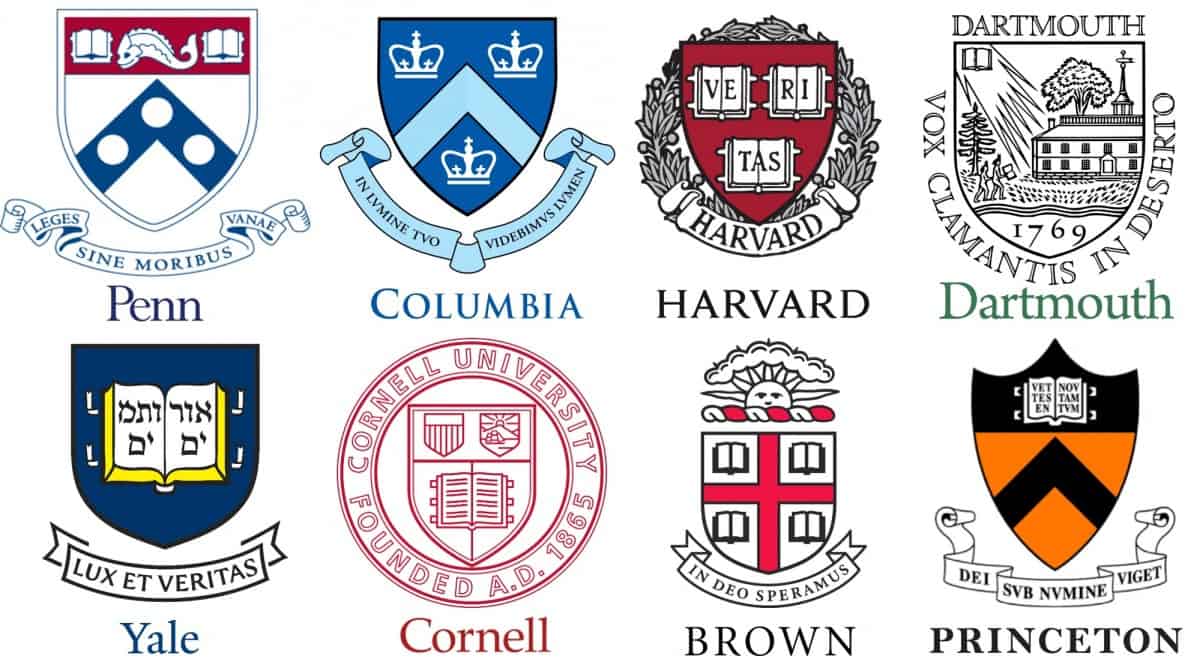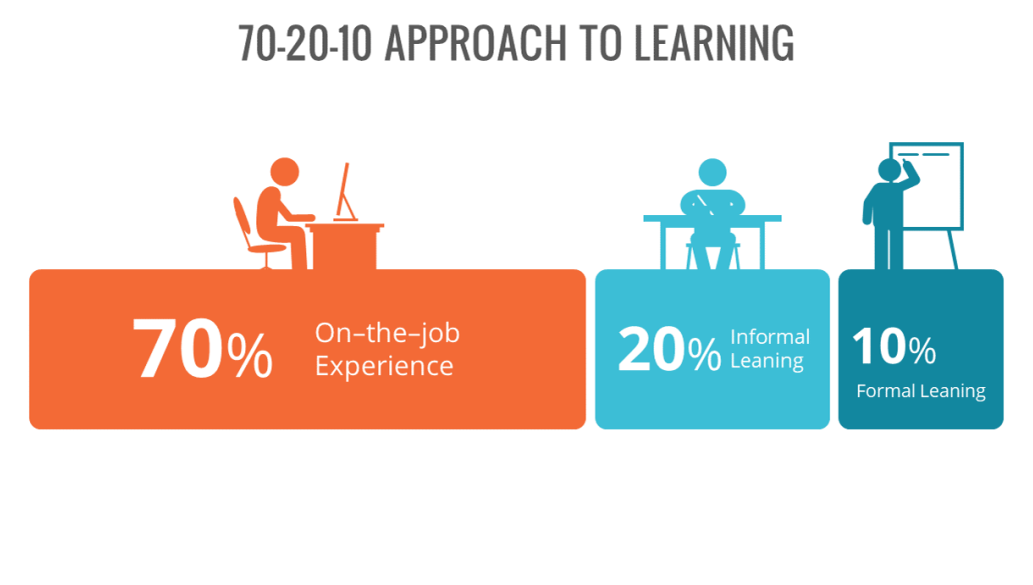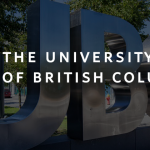Popular Topics
- AI/ML
- All About Universities
- Australia
- Canada
- Data Science / Analytics
- Denmark
- Dubai
- Environmental / Sustainability
- Finland
- France
- Germany
- Ireland
- Latest News
- Malaysia
- MBA/ Business
- Middle East
- New Zealand
- Poland
- Post Study & PR
- Program Selection
- Qatar
- Saudi Arabia
- Scholarships
- Spain
- STEM / Engineering
- Student Visa
- Study Destination
- Study Options By Subject
- Sweden
- Tests & Grades
- Thailand
- The Netherlands
- Travel, Stay, Culture Training
- UAE
- UK
- USA
What Is the Ivy League?

The Ivy League is an elite group of eight private universities in the United States, known for their academic excellence, selectivity, historic legacy, and influence in global leadership.
These institutions consistently rank among the top universities worldwide and are synonymous with prestige, innovation, and opportunity.
Why Was the Ivy League Formed?
Originally established as an athletic conference in 1954, the Ivy League has evolved into a symbol of academic rigor and social prestige. Over time, its members have come to represent the pinnacle of American higher education.
Collectively, these schools:
- Shape national policy and drive global conversations
- Produce influential leaders in politics, business, science, and the arts
- Serve as hubs of research and innovation
Key Benefits of Studying at an Ivy League University
| Benefit | Details |
|---|---|
| Academic Prestige | Regularly ranked among the top global institutions |
| Research Opportunities | Cutting-edge labs, vast funding, and Nobel-winning faculty |
| Employability | Graduates are highly sought-after by Fortune 500 companies and beyond |
| Global Recognition | Ivy League degrees carry worldwide influence and respect |
| Student Experience | Personalized attention, top-tier resources, and world-class mentorship |
| Alumni Network | Access to powerful global networks in every industry imaginable |
List of Ivy League Universities
Here are the eight universities that make up the Ivy League:
- Harvard University (Cambridge, MA)
- Yale University (New Haven, CT)
- Princeton University (Princeton, NJ)
- Columbia University (New York, NY)
- University of Pennsylvania (UPenn) (Philadelphia, PA)
- Brown University (Providence, RI)
- Dartmouth College (Hanover, NH)
- Cornell University (Ithaca, NY)
Why Are Ivy League Universities Important?
1. Academic Excellence
Harvard has produced over 160 Nobel Laureates and leads global university rankings.
These universities maintain extraordinarily high academic standards, with rigorous admissions and world-class teaching.
2. Research Impact
MIT may lead in tech, but Ivy League schools like Columbia and UPenn drive innovation in medicine, public health, economics, and social science.
3. Global Reputation
Yale is consistently ranked in the Top 10 universities worldwide.
A degree from an Ivy League school opens doors to careers, connections, and opportunities around the globe.
4. Industry & Employer Partnerships
Cornell partners with tech giants, hedge funds, NGOs, and government agencies, offering internships and co-ops.
Students graduate with real-world experience and access to high-paying, impactful careers.
5. Broad Academic Choices
Brown offers open curriculum freedom, allowing students to craft their own academic journey.
From quantum physics to poetry, Ivy Leagues offer vast, flexible, and interdisciplinary programs.
6. Innovative Learning Environments

Princeton’s small class sizes and emphasis on independent research foster deep intellectual engagement.
These schools combine centuries-old traditions with modern, adaptive learning environments.
How Ivy League Universities Compare
| Feature | Ivy League | Other US Universities |
|---|---|---|
| Research Funding | Exceptionally High | Varies Widely |
| Global Rankings | Frequently Top 10–50 | Varies, some are competitive |
| Industry Links | Deep, Long-Established | Depends on the institution |
| Graduate Employability | Extremely High | High to Moderate |
| Tuition Fees | Among the Highest | Generally Lower (especially publics) |
| Entry Requirements | Extremely Competitive | More Accessible |
Tips for International Students
| Tip |
|---|
| Start early with SAT/ACT, TOEFL/IELTS, and transcript evaluations |
| Explore need-based aid and merit scholarships — Ivies are generous |
| Take advantage of virtual tours, info sessions, and alumni panels |
| Emphasize your unique background and intellectual curiosity in essays |
How to Apply (Ivy League Focus)
| Step |
|---|
| Use the Common Application (or Coalition App in some cases) |
| Craft a compelling personal statement and supplementary essays |
| Secure strong letters of recommendation |
| Highlight leadership, community impact, and a passion for learning |
Ready to Start Your Journey?
Whether you’re dreaming of Yale’s Gothic libraries or Cornell’s scenic campus, the Ivy League could be your gateway to a transformative education.
Need help navigating the process?
Book a consultation with Admitix to create a personalized application strategy!
You Might Also Like: Russell Group Universities (UK)
FAQs
1. Is it hard to get into an Ivy League school?
Yes. Acceptance rates range from 3% to 9%, depending on the school.
2. Are Ivy League schools only for the wealthy?
No. Most offer need-blind admissions and generous financial aid — even full rides for lower-income families.
3. Is the Ivy League the same as top US universities?
Not quite. While Ivy Leagues are elite, many non-Ivy schools like Stanford, MIT, and Caltech also rank among the best.
4. Can international students apply for aid?
Yes. Several Ivy League universities offer financial aid to international students, though it’s competitive.
5. Can you transfer into an Ivy League university?
Yes, but transfer acceptance rates are even lower than freshman admissions. Planning and academic excellence are key.



